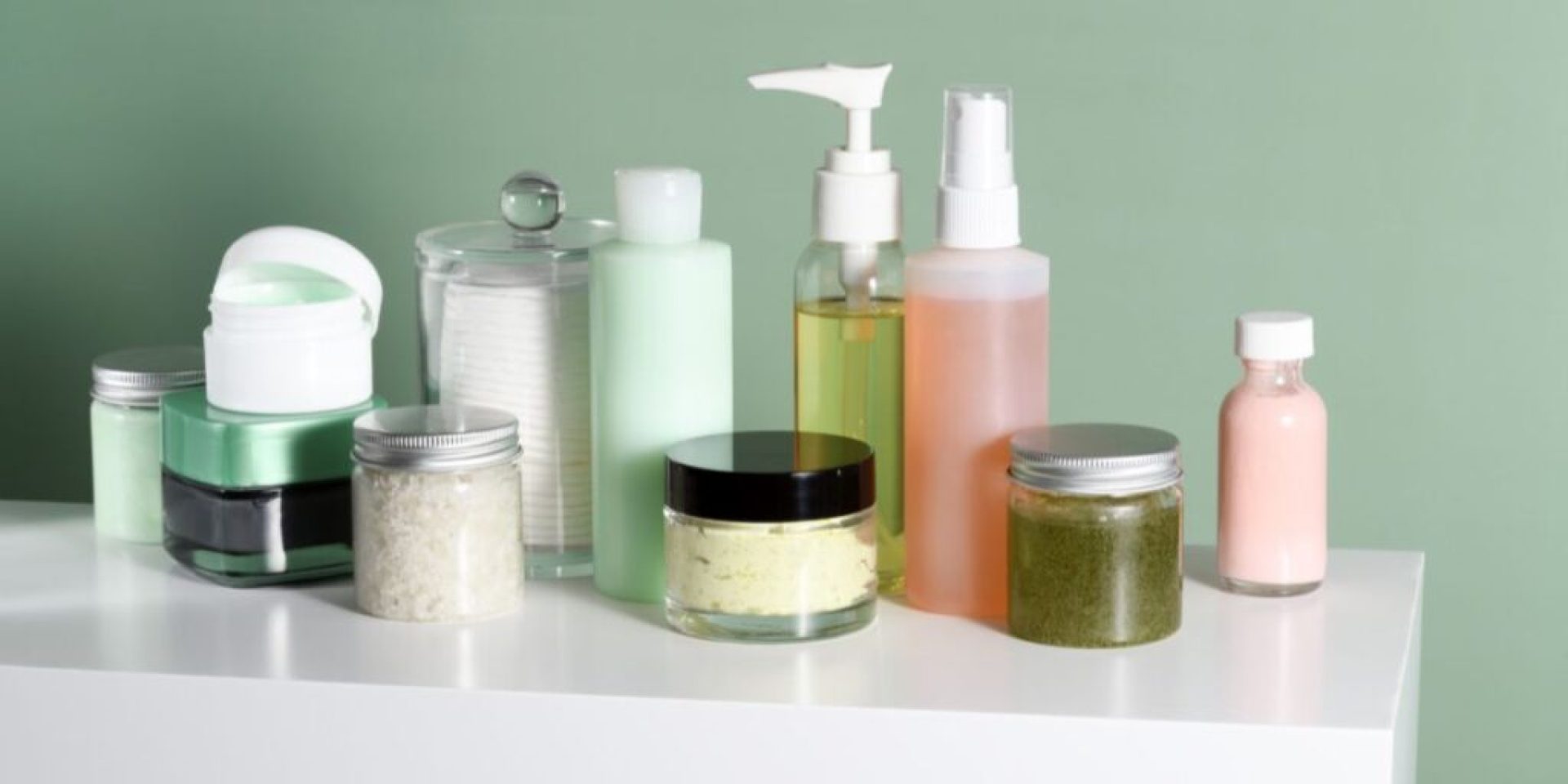
If you have sensitive skin, finding the right personal care products can be a game-changer. Imagine a world where your skin feels calm, balanced, and free from irritation. It all starts with selecting products that cater to your skin’s unique needs. From gentle cleansers to protective sunscreens, each step plays a crucial role in maintaining skin health. But how do you navigate the endless options out there to find what’s truly best for you? Let’s explore some key considerations and recommendations to help you achieve that coveted glow without the hassle.
Gentle Cleansers
When choosing gentle cleansers for sensitive skin, opt for products labeled as fragrance-free and hypoallergenic. These types of cleansers are less likely to cause irritation or allergic reactions on your delicate skin. Look for ingredients like glycerin and ceramides, which help to hydrate and strengthen the skin barrier without stripping away natural oils.
Avoid harsh chemicals such as sulfates, alcohol, and synthetic fragrances, as these can be too harsh for sensitive skin. Opt for mild, non-foaming cleansers that will gently cleanse without causing dryness or irritation. It’s essential to read the ingredient list carefully and choose products with minimal additives and preservatives.
When washing your face, use lukewarm water instead of hot water, as hot water can further irritate sensitive skin. Gently massage the cleanser onto your skin using circular motions, then rinse thoroughly and pat your skin dry with a soft towel. Following these steps will help keep your sensitive skin clean and healthy without causing unnecessary irritation or discomfort.
Soothing Moisturizers
For sensitive skin that has been properly cleansed, finding a soothing moisturizer is key to maintaining hydration and protecting your skin barrier. Look for moisturizers that are fragrance-free and formulated with gentle, non-irritating ingredients like hyaluronic acid, ceramides, and glycerin. These ingredients help to lock in moisture without causing irritation or sensitivity.
Opt for moisturizers that have a lightweight, non-greasy formula to prevent clogging pores and aggravating your skin. Consider choosing products labeled as hypoallergenic or specifically designed for sensitive skin to minimize the risk of adverse reactions.
When applying the moisturizer, gently massage it into your skin using upward motions. Allow the product to fully absorb before moving on to the next step in your skincare routine. Remember to be consistent with your moisturizing routine to maintain hydrated and healthy-looking skin.
Calming Serums
To effectively soothe and nourish your sensitive skin, consider incorporating calming serums into your skincare routine. Calming serums are formulated with gentle ingredients that help reduce redness, inflammation, and irritation, making them ideal for those with sensitive skin.
These serums often contain soothing components like chamomile, aloe vera, green tea extract, and hyaluronic acid, which work together to provide relief and hydration to your skin.
When choosing a calming serum for your sensitive skin, look for products that are fragrance-free, alcohol-free, and hypoallergenic to minimize the risk of irritation. It’s essential to patch test any new product on a small area of your skin before applying it to your face to ensure compatibility.
Adding a calming serum to your skincare routine can help strengthen your skin’s barrier function, reduce sensitivity, and promote a more balanced complexion. Remember to apply the serum after cleansing and toning your skin, and before moisturizing to lock in the soothing benefits.
Protective Sunscreens
Consider incorporating protective sunscreens into your skincare routine to shield your sensitive skin from harmful UV rays and maintain its health and hydration. Look for sunscreens specifically formulated for sensitive skin, which are often fragrance-free and gentle. Opt for broad-spectrum sunscreens with SPF 30 or higher to ensure adequate protection against both UVA and UVB rays. Mineral sunscreens containing zinc oxide or titanium dioxide can be less irritating for sensitive skin compared to chemical sunscreens.
When applying sunscreen, make sure to cover all exposed areas of skin, including your face, neck, ears, and hands. Reapply sunscreen every two hours, especially if you’re spending extended periods outdoors or engaging in water activities. Consider using a facial sunscreen designed for sensitive skin to avoid clogged pores or irritation. Remember that UV rays can still penetrate through clouds, so wear sunscreen daily regardless of the weather.
Trending Products














